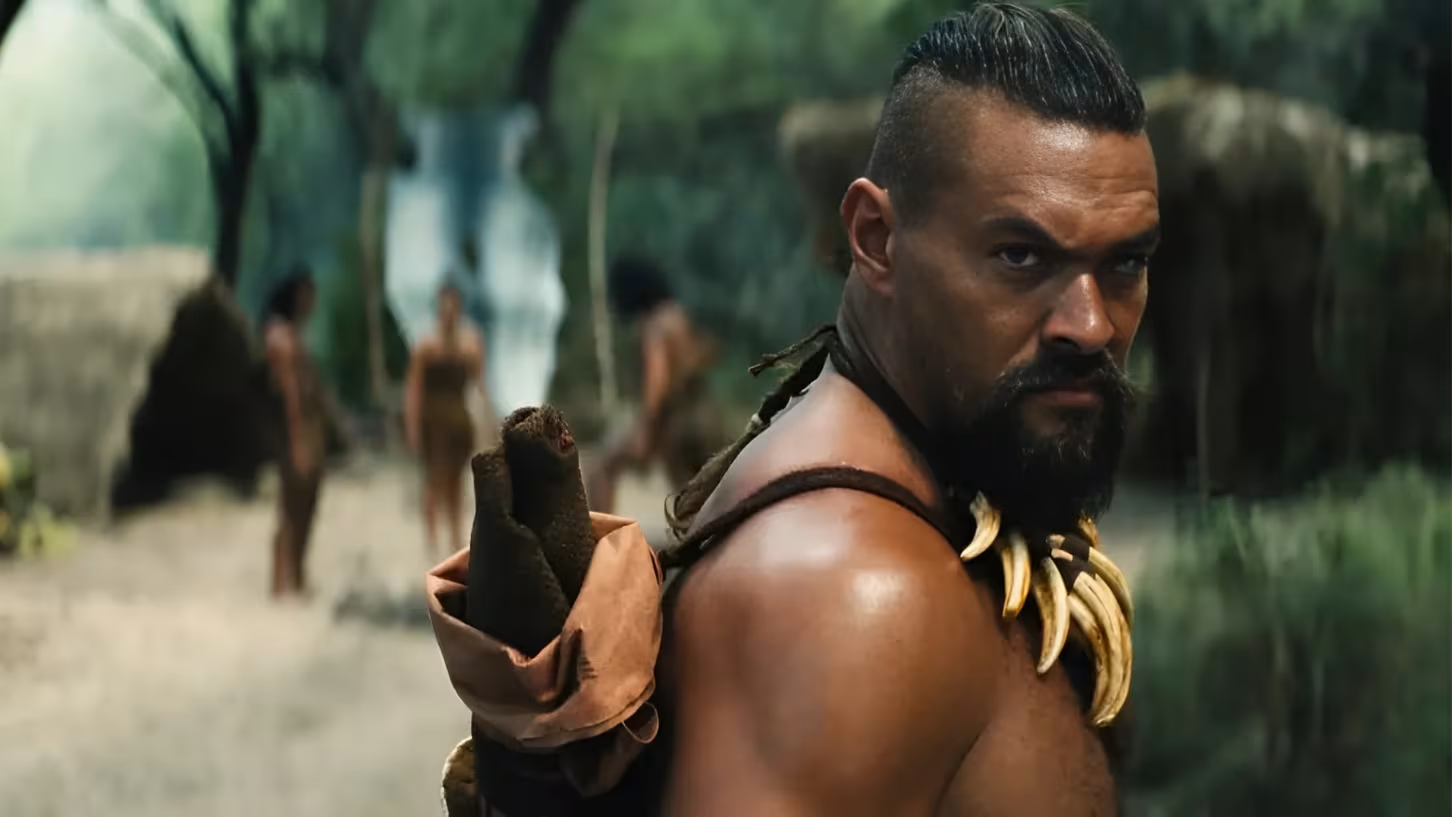Nezza, whose real name is Vanessa Hernández, chose to perform “El Pendón Estrellado,” the official Spanish version of “The Star‑Spangled Banner,” before the June 14 Dodgers vs. Giants game—even after being told by a team representative to stick to English. Wearing a Dominican Republic shirt, she performed emotionally, saying “Today, out of all days, I needed to do it — para mi gente,” in solidarity with immigrant families facing ICE raids in Los Angeles.
Why it mattered: historical and cultural context
“El Pendón Estrellado” changed into commissioned in 1945 under President Franklin D. Roosevelt’s Good Neighbor Policy to strengthen family ties with Latin American groups. By selecting this rendition, Nezza invoked decades of bilingual cultural international relations, highlighting that making a song in Spanish isn’t always a present-day protest but a part of America’s multifaceted history.
Team message vs. artist’s conviction
A Dodgers staff member disrupted Nezza moments before her performance, stating: “We are going to do the song in English today…”. Despite the guidance, Nezza pressed on—a clear act of defiance. Post-sport, she published tearful TikTok films calling the moment deeply private, noting her immigrant heritage and emotional ties to the network.
Although Nezza thought she might face a stadium ban, sources indicate the Dodgers will not penalize her, and she is expected to be welcome back.
Immigrant solidarity in sports moments
Nezza’s performance came amid escalating protests in Los Angeles, as ICE conducted large-scale raids and federal troops were deployed downtown. Her act was praised by MLB players: Dodgers’ Kiké Hernández called the raids “infuriating,” and Giants’ Dominic Smith labeled them “traumatizing,” sharing support for affected families.
The moment resonated beyond baseball: Angel City FC, the NWSL team, wore “Immigrant City” jerseys, promoting messages like “Los Angeles belongs to everyone.” NWSL and WNBA unions also expressed collective solidarity.
What this means for future sports-and-culture intersections
Nezza’s choice emphasizes the evolving role of athletes, artists, and performers as cultural voices. It underscores how sports venues have become platforms for activism and inclusion. The Dodgers’ muted corporate response—releasing no public statement—contrasts with individual athletes voicing strong support. Team manager Dave Roberts referred to the unrest as “unsettling,” but did not comment on Nezza’s rendition.
Community impact and viral resonance
TikTok videos of Nezza’s performance spread hastily, resonating especially with L.A.’s Latino network. Her emotional announcement—“I simply felt like I needed to do it para mi gente”—struck a chord online, earning a reward for bravery and visibility. The story spread throughout information retailers like the Washington Post, NY Post, SF Chronicle, and global retailers.
Nezza sang the national anthem in Spanish — what it signals for L.A.’s identity.
By performing in Spanish at a major American sporting event, Nezza highlighted the power of language as identity. Los Angeles is a multicultural hub; over 40% of its residents speak Spanish at home. Her action affirmed that national pride comes in many tongues, redefining what public patriotism can look like in diverse societies.
The future of bilingual expressions in sports
Nezza’s act should open doors for extra bilingual or multilingual renditions at wearing occasions. While crew guidelines might default to English, public sentiment and athlete voices may additionally power extra inclusive gestures—Spanish variations of the national anthem, bilingual signage, or multicultural celebrations should become more unusual.
Final thoughts
Nezza’s performance wasn’t just vocal; it was symbolic—a cultural stand at the intersection of heritage, justice, and American history. It reminded us that while institutions may hesitate, individuals have the power to shape collective moments. For immigrants and Latinos in L.A. and beyond, it was a moment of representation. For sports fans, it was a wake-up call: inclusion isn’t optional—it’s essential.



